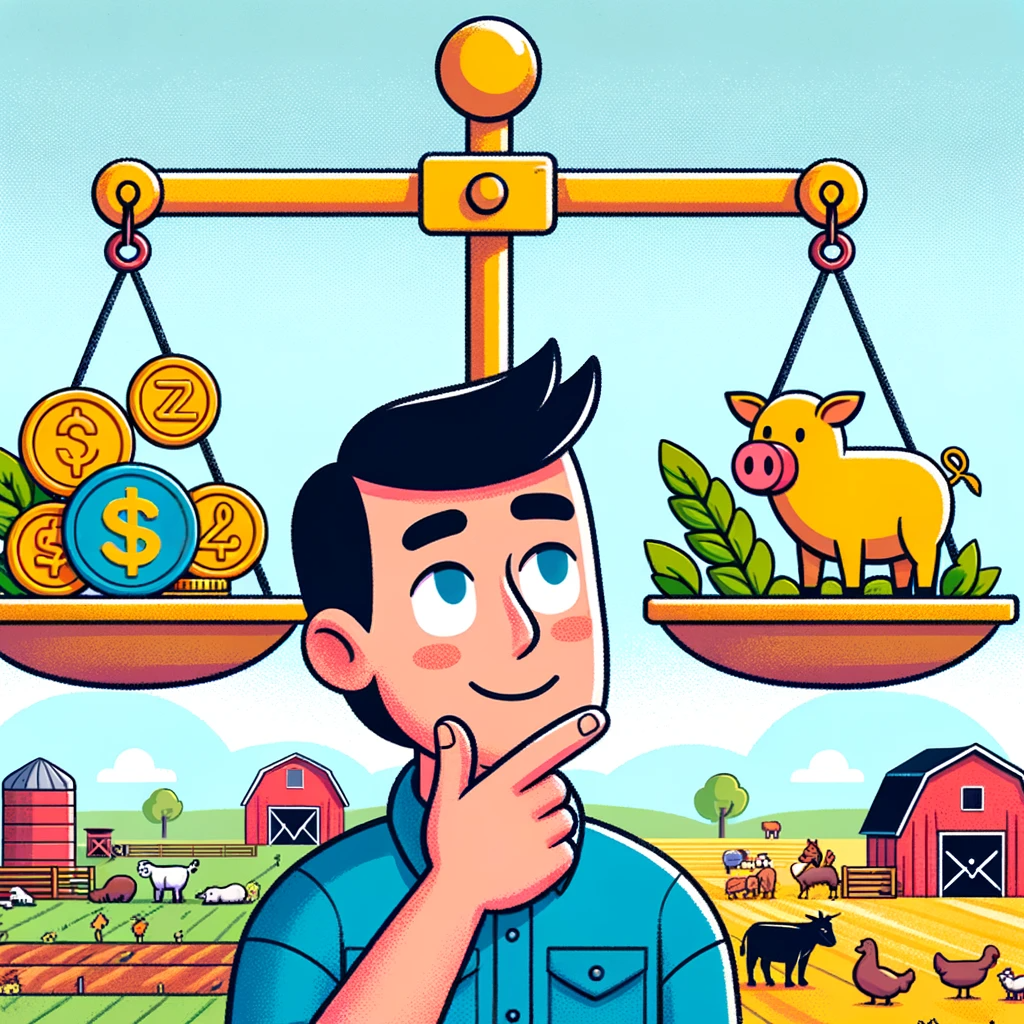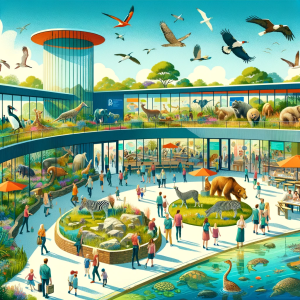
The Challenges in Farm Animal Health and Welfare: A Closer Look at the Science and Solutions
In today’s world, the health and welfare of farm animals (AHW) are topics of increasing public and scientific interest. Despite advancements in animal science, the challenge of improving farm animal health and welfare persists. The article “Why has animal science not led to improved farm animal health and welfare?” published in Frontiers in Animal Science offers a comprehensive insight into this issue.
The Economic and Ethical Balancing Act
One core challenge faced by farmers globally is maintaining economic viability while meeting the welfare needs of animals. Economic pressures often prioritize cost-efficiency over welfare, leading to AHW issues. This balance is not only a matter of economic concern but also ethical, as consumers and citizens increasingly demand higher standards of animal welfare.
The Complexity of Animal Health and Welfare
The multifaceted nature of AHW issues makes them difficult to address. Factors like genetics, environment, and management practices intertwine in complex ways, affecting the health and welfare of animals differently across various farm systems. This complexity requires a nuanced understanding beyond traditional scientific approaches.
The Gap in Animal Science
The article highlights a critical gap in animal science: the predominance of a reductionist, context-invariant approach that often fails to consider the unique circumstances of individual farms. This gap results in a lack of practical, applicable knowledge for farmers aiming to improve AHW. Science, therefore, must evolve to offer more contextualized, actionable insights.
Towards a Solution: A Transdisciplinary Approach
Addressing AHW issues effectively requires a transdisciplinary approach, integrating knowledge from various scientific disciplines with practical farm-level insights. This approach acknowledges the individuality of farm systems and the necessity of tailoring solutions to specific contexts.
Implementing Change on the Farm
For meaningful improvements in AHW, farmers need access to knowledge that is not just theoretical but also actionable and relevant to their specific conditions. This includes understanding the economic implications of AHW measures and finding a balance that benefits both the farm and the animals.
Conclusion: A Call for Science and Practice Integration
The improvement of farm animal health and welfare is a complex challenge that requires a shift in both scientific research and farm management practices. By bridging the gap between theory and practice, and considering the unique contexts of individual farms, meaningful advancements in AHW can be achieved.
Unlock the Secrets of Science:
Get ready to unlock the secrets of science with ‘This Week in Science’! Our newsletter, designed specifically for educators and science aficionados, delivers a weekly digest of revolutionary research, innovative discoveries, and motivational tales from the scientific frontier. Subscribing is your key to a treasure trove of insights that can revolutionize your approach to teaching and learning science. Sign up today at no cost and start a journey that deepens your understanding and passion for science.



